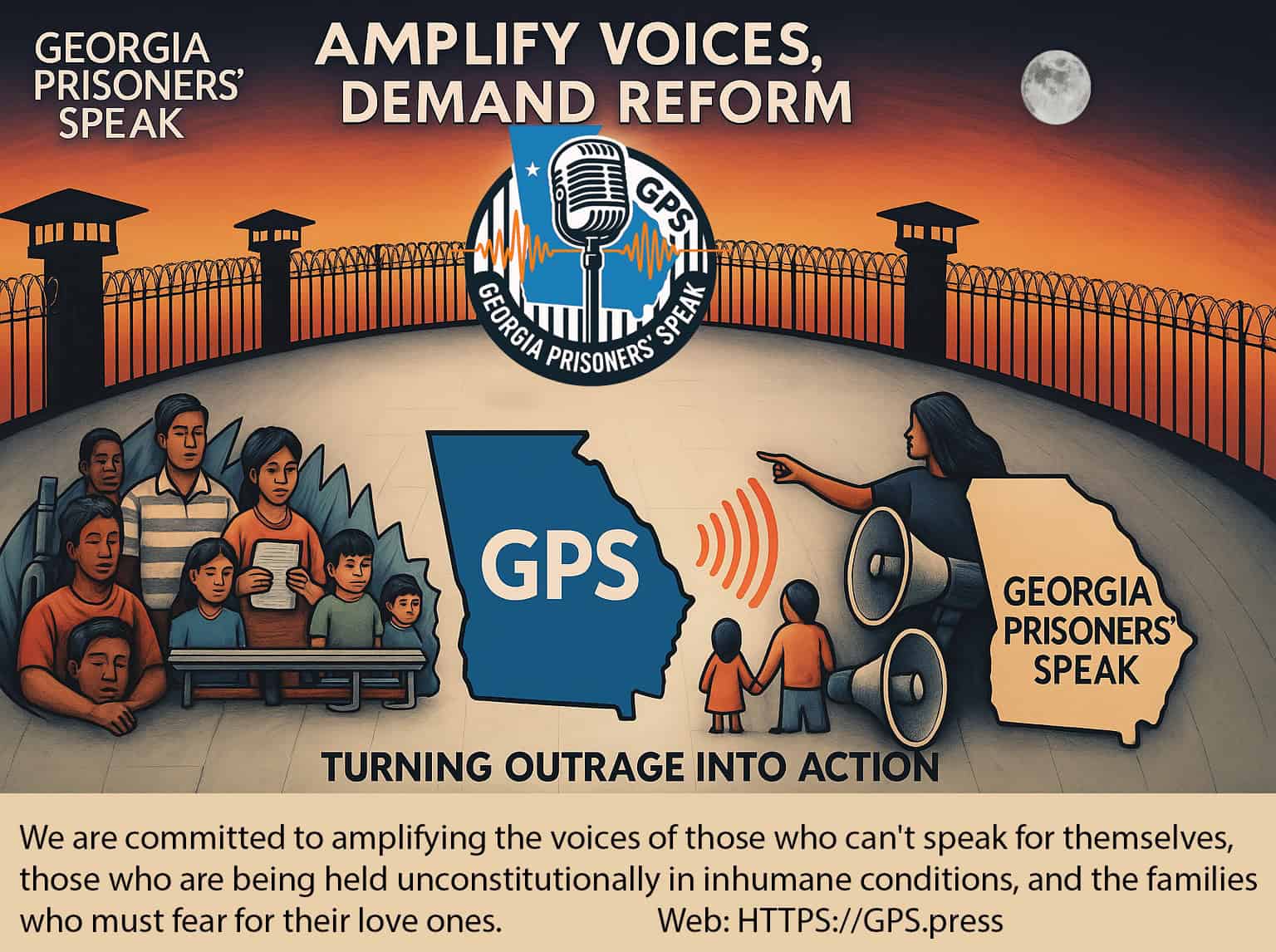Forty-five Georgia prison guards indicted for smuggling drugs, weapons, and phones into state facilities. This wasn’t a few bad actors—it was an operation spanning multiple prisons, enabled by the same staffing crisis and low wages that define Georgia’s corrections disaster. The guards weren’t corrupted despite the system. They were corrupted because of it.
What They Smuggled
Federal investigators documented guards bringing into Georgia prisons:
- Drugs — Methamphetamine, fentanyl, marijuana, synthetic cannabinoids (“strips”)
- Weapons — Knives, shanks, components for improvised weapons
- Cell phones — Communication tools for gang coordination
- Tobacco — High-value contraband since Georgia banned smoking
From November 2021 to August 2023, GDC recovered more than 27,000 weapons. 1 The supply keeps flowing because guards keep bringing it in.
Why Guards Turn Smuggler
Georgia’s correctional officer starting salary: approximately $36,000. Vacancy rates at some facilities: 49% or higher. Mandatory overtime: routine. Career advancement: limited.
Meanwhile, gangs offer thousands of dollars per delivery. The math is simple: underpaid, overworked officers facing career dead-ends become recruitment targets. The 45 indicted aren’t anomalies—they’re symptoms.
GPS has documented the staffing crisis extensively. When you don’t pay officers enough to resist temptation, you get corruption. When you don’t staff facilities adequately, you get contraband. Georgia refuses to address root causes, then acts surprised by predictable results.
How They Did It
Methods documented in federal cases:
- Vehicle compartments: Modified cars with hidden spaces
- Body concealment: Items hidden on person during entry
- Supply chain infiltration: Contraband mixed with legitimate deliveries
- Coordinated drops: External accomplices placing items at prearranged locations
Surveillance gaps during shift changes, inadequate screening technology, and understaffed checkpoints all enabled the operation.
The Deadly Consequences
Guard-smuggled contraband directly contributes to:
- Violence: Weapons enable the 100+ homicides GPS documented in 2024
- Gang control: Phones allow gang leaders to coordinate from inside
- Drug deaths: Fentanyl and synthetic cannabinoids kill incarcerated people
- Extortion: Contraband creates underground economies that victimize families
Every weapon that enters a Georgia prison arrived because someone brought it in. Most often, that someone wears a GDC uniform.
GDC’s Response
After the indictments, GDC announced:
- Enhanced screening procedures
- Upgraded surveillance systems
- Improved background checks
What GDC didn’t announce: competitive wages, adequate staffing, or addressing the conditions that make corruption inevitable. The same vulnerabilities remain.
The Pattern GPS Documents
This isn’t the first mass indictment. It won’t be the last. Georgia’s prison system creates the conditions for corruption:
- Low pay makes officers vulnerable to recruitment
- Understaffing creates oversight gaps
- Gang control of housing units gives gangs leverage
- Lack of accountability means getting caught is rare
Until Georgia addresses root causes, the cycle continues: indictments, press releases, business as usual.
Take Action
Use Impact Justice AI to send advocacy emails demanding systemic reform—not just more indictments. The free tool crafts personalized messages to Georgia lawmakers.
If you have information about contraband smuggling, report to GPS confidentially: Submit a Report
Further Reading
- Georgia’s New Drug Crisis: The Strip Epidemic Inside State Prisons
- Forced Criminality: Inside Georgia’s Prison Violence Factory
- Reporting Prisoner Safety Concerns
- GPS Informational Resources
- Pathways to Success
About Georgia Prisoners’ Speak (GPS)
Georgia Prisoners’ Speak (GPS) is a nonprofit investigative newsroom built in partnership with incarcerated reporters, families, advocates, and data analysts. Operating independently from the Georgia Department of Corrections, GPS documents the truth the state refuses to acknowledge: extreme violence, fatal medical neglect, gang-controlled dorms, collapsed staffing, fraudulent reporting practices, and unconstitutional conditions across Georgia’s prisons.
Through confidential reporting channels, secure communication, evidence verification, public-records requests, legislative research, and professional investigative standards, GPS provides the transparency the system lacks. Our mission is to expose abuses, protect incarcerated people, support families, and push Georgia toward meaningful reform based on human rights, evidence, and public accountability.
Every article is part of a larger fight — to end the silence, reveal the truth, and demand justice.

- DOJ Report, https://www.justice.gov/d9/2024-09/findings_report_-_investigation_of_georgia_prisons.pdf[↩]
